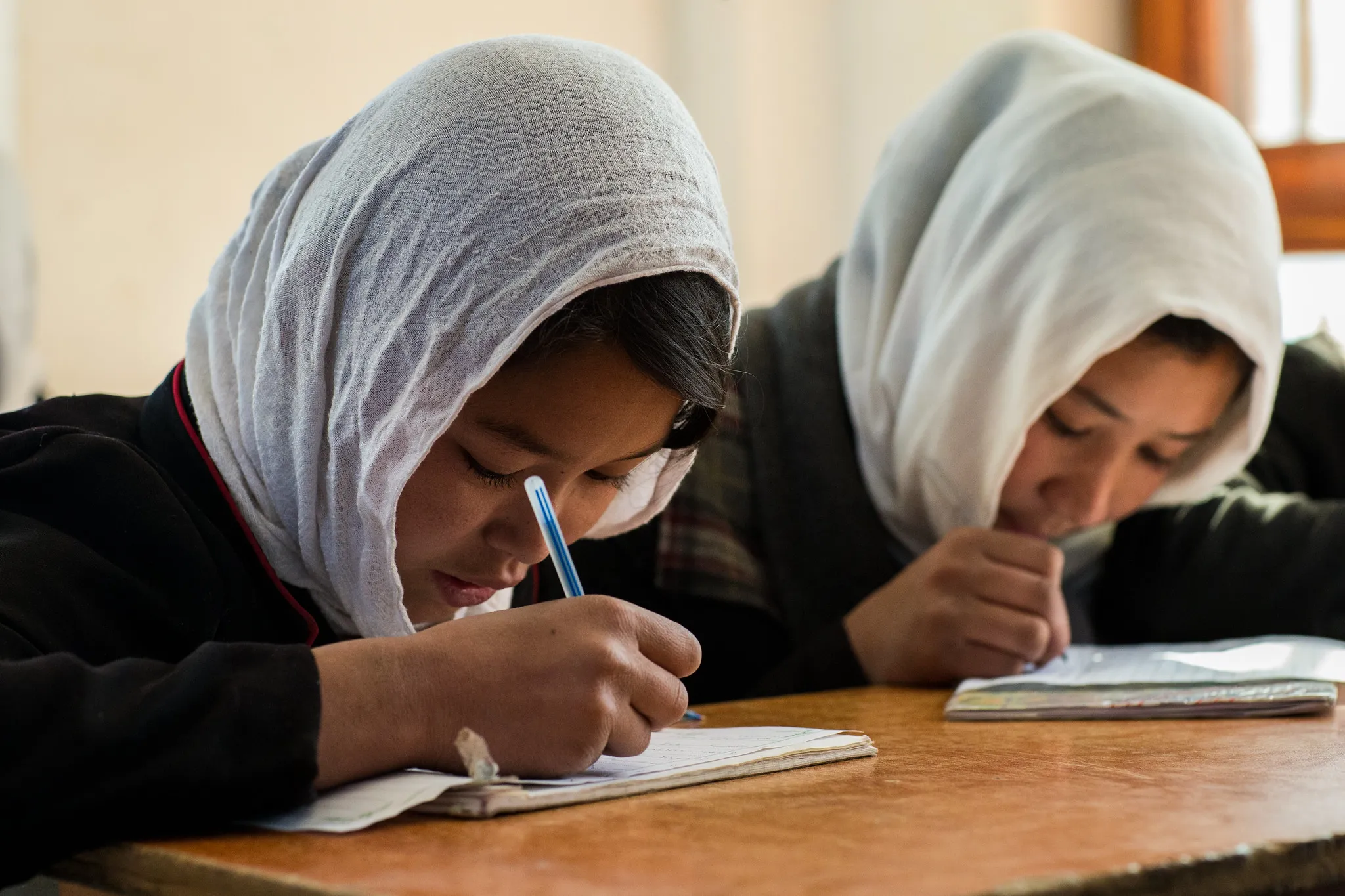Religious education in Afghanistan has surged under the Taliban, with madrassas now far outnumbering secular schools, raising concerns about extremism and the future of the country’s youth, particularly girls. In just one year, 1 million children have enrolled in madrassas, bringing the total number to 3.6 million across approximately 21,000 registered institutions. This sharp increase contrasts with the more than 18,000 public and private schools, reflecting a dramatic shift in the educational landscape since the Taliban’s return to power in 2021.
The Taliban’s focus on expanding madrassas is part of their broader efforts to reshape the country’s education system. According to Karamatullah Akhundzada, the deputy minister of education, they have revised textbooks and curricula. Before their takeover, Afghanistan had over 9 million students enrolled across all types of schools, with 39% being girls. Now, the Taliban have banned secondary education for girls, affecting around 1.5 million young women.
Experts like Jennifer Brick Murtazashvili view the increase in madrassas as part of the Taliban’s plan to consolidate power. She highlighted that the absence of girls in school will have dire consequences for Afghanistan’s future, especially in fields like healthcare, where female professionals are crucial.
One young Afghan woman shared her disappointment after attending a madrassa in Herat City. Initially hoping to continue her education, she soon realized that the focus was on enforcing traditional gender roles, discouraging independent thought and ambition.
Critics like Mohammad Moheq argue that the Taliban are pushing their strict interpretation of Islam through these schools, further stifling individual thought. Madrassas have historically played a role in the Taliban’s rise to power, and their current expansion raises concerns about fostering extremism once again.
Experts like Saba Hanif advocate for dialogue between the international community and the Taliban, urging the need to integrate religious and secular education. Without such a balance, Hanif warns, Afghanistan risks perpetuating extremism and limiting opportunities for future generations.





